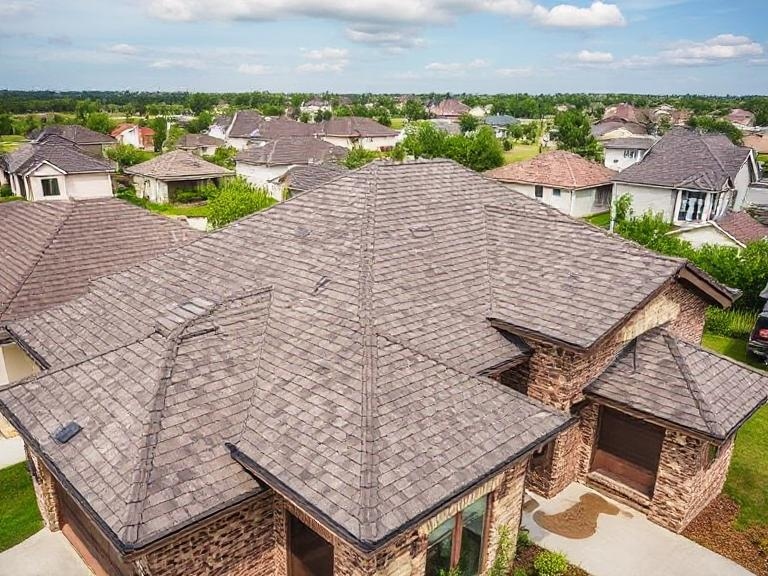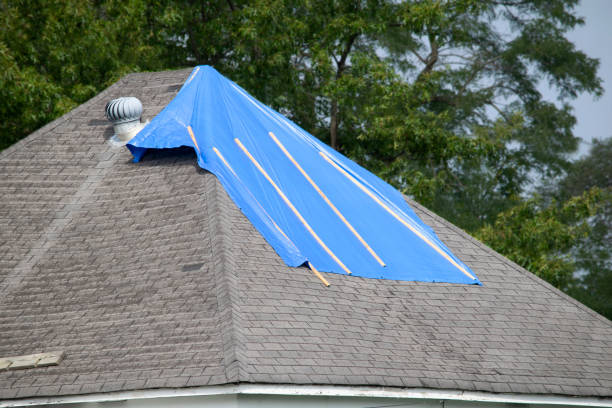Navigating Roofing Expenses: How Much Should A Roofing Job Cost?
When it comes to home renovations, roofing is often one of the most significant investments a homeowner will make. With a multitude of options and factors influencing costs, navigating roofing expenses can feel overwhelming. Understanding upfront payments and cost expectations is crucial to making informed decisions. In this article, we’ll explore every facet of roofing expenses, providing homeowners with the information they need to approach their projects confidently.
Understanding Roofing Expenses: What You Need to Know
Before diving into specifics, it's essential to grasp what roofing expenses entail. Costs can vary dramatically based on several factors, including materials, labor, and regional pricing.
What Are the Main Components of Roofing Costs?
The primary components include:
- Materials: The type of roofing material significantly affects overall costs.
- Labor: Professional roofing contractors typically charge based on the complexity and size of the project.
- Permits and Insurance: Depending on local regulations, permits may be necessary.
- Additional Features: Skylights or ventilation systems can add to costs.
Types of Roofing Materials and Their Costs
When considering a new roof, choosing the right material is vital for both aesthetics and longevity.
Asphalt Shingles
Asphalt shingles are popular due to their affordability and ease of installation. They typically range from $90 to $100 per square (100 square feet) installed.
Pros and Cons
- Pros: Cost-effective and available in various colors.
- Cons: Shorter lifespan compared to other materials.
Metal Roofing
Metal roofs are known for their durability but come at a higher price point.
Cost Breakdown
- Average cost ranges from $250 to $700 per square installed depending on the type of metal used.
Pros and Cons
- Pros: Long-lasting and energy-efficient.
- Cons: Higher upfront costs may deter some homeowners.
Tile Roofing
Tile roofing offers an elegant look but requires substantial investment.
Cost Estimates
- Installation can range from $600 to $1,800 per square.
Pros and Cons
- Pros: Extremely durable with a long lifespan.
- Cons: Heavy weight may require additional structural support.
Labor Costs Associated with Roofing Projects
Labor is one of the most significant contributors to overall roofing expenses.
How Much Do Roofing Contractors Charge?
Most roofing contractors charge between $50 to $150 per hour based on skill level and regional market rates.
Factors Influencing Labor Costs
Upfront Payments vs. Payment Plans
When hiring a roofing contractor, understanding payment structures is essential.
What Are Common Payment Structures?
There are typically three types:
Which Payment Structure Is Best?
Choosing the right structure depends on personal financial circumstances and trust levels in your contractor.
Navigating Additional Costs in Roofing Projects
Sometimes hidden costs crop up during a project that homeowners aren't prepared for.
Potential Hidden Charges
Roofing Permits: Are They Necessary?
Before any work begins, it's vital to understand local building codes regarding permits.
Why Are Permits Important?
Permits ensure that work complies with safety standards and local regulations, protecting your investment in the long run.
Insurance Considerations for Roofing Projects
Don’t overlook insurance when budgeting for your roof replacement or repair!
What Types of Insurance Should Homeowners Consider?
Financing Options Available for Homeowners
If upfront payments seem daunting, consider financing options available through many contractors or third-party lenders.
Common Financing Methods
Navigating Roofing Expenses: Upfront Payments Explained in Detail
Understanding how much you should pay upfront can help avoid financial pitfalls during your roofing project.

What’s a Typical Upfront Payment?
Most contractors request 10%–20% as an initial deposit before starting work; however, this can vary based on company policies or specific project requirements.
FAQs about Roofing Expenses
1. What’s the average cost of a new roof?
The average cost ranges from $5,000-$15,000 depending on materials used and roof size.
2. How do I choose a reliable roofing contractor?
Look for licensed professionals with good reviews online; ask for references as well!
3. Can I finance my new roof?
Yes! Many contractors offer financing options tailored for homeowners' needs.
4. What should I do if unexpected costs arise?
Communicate openly with your contractor; they should provide transparent explanations for any changes in pricing.
5. How long does a typical roof installation take?
Most installations take anywhere from one day up to two weeks depending on complexity!
6. What warranties should I expect?
Most reputable contractors offer warranties ranging from five years up to lifetime coverage on materials!

Conclusion
In summary, navigating roofing expenses requires careful consideration of various factors including material choice, labor costs, payment structures, additional charges like permits or insurance needs—and communication with your chosen contractor remains paramount throughout this journey! By approaching each aspect with diligence—homeowners will not only protect their investment but also create peace of mind knowing they’ve made informed choices while navigating these potentially overwhelming expenses involved in securing their homes against nature’s elements!
This comprehensive guide serves as an invaluable resource emergency roof tarping in Wylie for any homeowner looking to understand their upcoming roofing project better—a process that involves much more than simply lifting shingles! Remember—the right planning can lead you down a road paved with satisfaction rather than stress!
